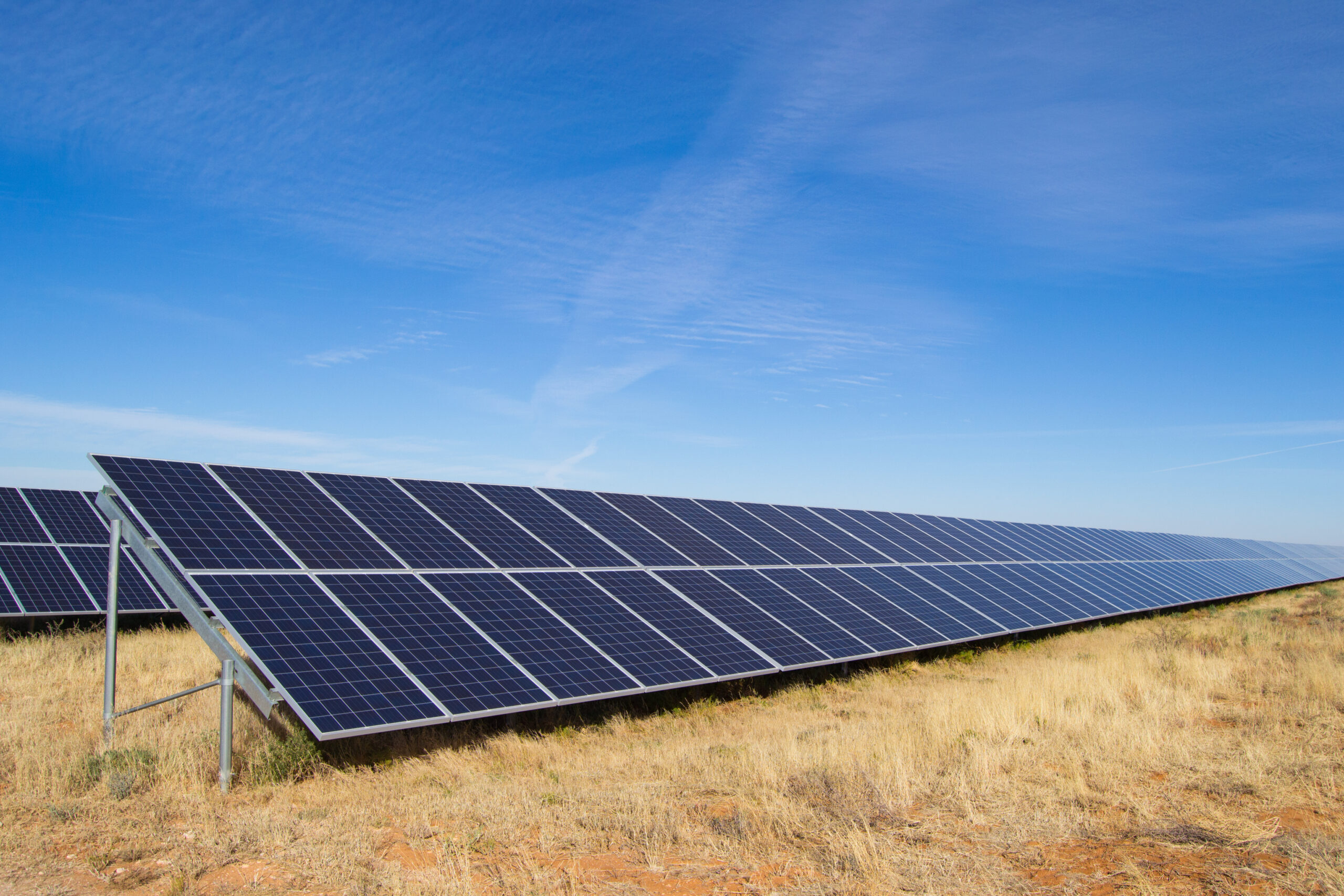Burning heat and everlasting sunshine, while slightly reductionist, are two things that are synonymous with the African continent. Naturally, it promises great potential for a market entirely predicated upon these two phrases: solar-powered renewable energy.
600m Africans have access to mobile phones but only 10% of that amount have access to grid electricity.
The five fastest growing solar energy markets (Ghana, South Africa, Egypt, Kenya and Namibia) on the continent have two things in common, save for the obvious abundance of well-lit skies: the capacity to house solar technology and the desire to promote renewable energy solutions. Crucially, countries such as Nigeria, Botswana and Mali are also moving quickly to bolster their involvement in this dynamic global industry which, in 2019, amounted to 115 gigawatts – more than all other power generation solutions added together.
The truly exciting thing about solar, especially on the African continent, is the increasing lack of reliance on governmental support and subsidies. Solar energy has now become one of the most affordable forms of energy and quite a few companies have caught on.
Solar Now is based in Uganda and works to provide solar home systems to Ugandans, 85% of whom do not have access to electricity, due to the high infrastructure costs associated with on-grid power solutions. The company, which is backed by the Acumen Fund, provides off-grid solar solutions, as well as financing options that enable customers to split payments over an 18 month period. The ease of making payments allows Solar Now to make solar power affordable. Since it began its work in May 2011, the company has set up 4,100 solar home systems across Uganda and has also expanded to Kenya. Solar Now estimates that their energy solution has helped avoid 210,000 greenhouse gas emissions. The company’s success led to it win a People’s Choice Award for ‘Consumer Choice Solar Power Service Provider’ in Uganda in 2018 and 2019.
Met with mass load-shedding and frequent power-cuts, many Africans have resorted to batteries and kerosene gas for their basic needs. Other than being hugely unsustainable and harmful, both environmentally and medically, these power alternatives do not meet the modern technology requirements of having live television or fully-charged mobile phones. 600m Africans have access to mobile phones but only 10% of that amount have access to grid electricity. Innovation is needed to bridge the gap between access to steady power and the services that come from it. Solar panels cannot be half as effective without being integrated into simple and straightforward power solutions.
Off Grid Electric, now known as Zola Electric, was set up in 2011 by Xavier Helgesen, who realised that residents relied on these kerosene lamps for electricity, when he had dinner with a local family whilst on a trip to Malawi. He formed Off-Grid Electric along with Erica Mackey and Josh Pierce, with the mission to provide energy within the region. Today, Zola serves over a million customers across 10 countries. Initially focusing on Tanzania, Zola has since expanded to Rwanda, The Ivory Coast, Ghana and Nigeria. The company counts Solar City, which is a subsidiary of Elon Musk’s Tesla, as part of its board. Furthermore, it has been recognised for its work in climate change by the UN, as the company continues to enable Africans to have access to clean and affordable energy alternatives.
Azuri, a solar home systems company, has been successful in plugging more than 200,000 households in Africa to its own power sources, by selling affordable solar-powered devices such as television boxes and lights. Whilst its sales have been impressive, Azuri also addresses several issues within the wider sustainable development context. The East African General Manager, Snehar Shah, explains, “It is through access to light that children are able to study for longer hours at night, and through being able to view TV content or charging mobile phones that the knowledge economy can be accelerated”. Here, solar breaches barriers to access of information, education and, not to be undervalued, entertainment.
These companies only represent the tip of a massive iceberg. As technology improves and access to it becomes cheaper, the vision of a sustainable world that solar power can generate becomes all the more within our reach. Simply put, innovative solar solutions can play a key role in achieving Kenya’s Vision 2030 goals or the SDGs with the right innovation and a smart mindset.



